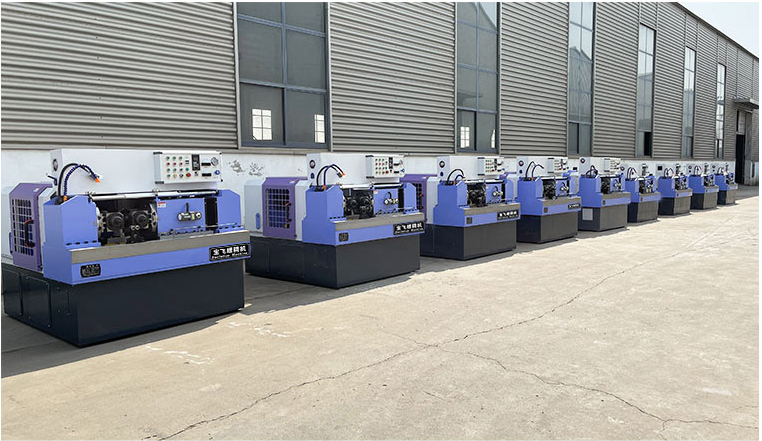
-
 Afrikaans
Afrikaans -
 Albanian
Albanian -
 Amharic
Amharic -
 Arabic
Arabic -
 Armenian
Armenian -
 Azerbaijani
Azerbaijani -
 Basque
Basque -
 Belarusian
Belarusian -
 Bengali
Bengali -
 Bosnian
Bosnian -
 Bulgarian
Bulgarian -
 Catalan
Catalan -
 Cebuano
Cebuano -
 Corsican
Corsican -
 Croatian
Croatian -
 Czech
Czech -
 Danish
Danish -
 Dutch
Dutch -
 English
English -
 Esperanto
Esperanto -
 Estonian
Estonian -
 Finnish
Finnish -
 French
French -
 Frisian
Frisian -
 Galician
Galician -
 Georgian
Georgian -
 German
German -
 Greek
Greek -
 Gujarati
Gujarati -
 Haitian Creole
Haitian Creole -
 hausa
hausa -
 hawaiian
hawaiian -
 Hebrew
Hebrew -
 Hindi
Hindi -
 Miao
Miao -
 Hungarian
Hungarian -
 Icelandic
Icelandic -
 igbo
igbo -
 Indonesian
Indonesian -
 irish
irish -
 Italian
Italian -
 Japanese
Japanese -
 Javanese
Javanese -
 Kannada
Kannada -
 kazakh
kazakh -
 Khmer
Khmer -
 Rwandese
Rwandese -
 Korean
Korean -
 Kurdish
Kurdish -
 Kyrgyz
Kyrgyz -
 Lao
Lao -
 Latin
Latin -
 Latvian
Latvian -
 Lithuanian
Lithuanian -
 Luxembourgish
Luxembourgish -
 Macedonian
Macedonian -
 Malgashi
Malgashi -
 Malay
Malay -
 Malayalam
Malayalam -
 Maltese
Maltese -
 Maori
Maori -
 Marathi
Marathi -
 Mongolian
Mongolian -
 Myanmar
Myanmar -
 Nepali
Nepali -
 Norwegian
Norwegian -
 Norwegian
Norwegian -
 Occitan
Occitan -
 Pashto
Pashto -
 Persian
Persian -
 Polish
Polish -
 Portuguese
Portuguese -
 Punjabi
Punjabi -
 Romanian
Romanian -
 Russian
Russian -
 Samoan
Samoan -
 Scottish Gaelic
Scottish Gaelic -
 Serbian
Serbian -
 Sesotho
Sesotho -
 Shona
Shona -
 Sindhi
Sindhi -
 Sinhala
Sinhala -
 Slovak
Slovak -
 Slovenian
Slovenian -
 Somali
Somali -
 Spanish
Spanish -
 Sundanese
Sundanese -
 Swahili
Swahili -
 Swedish
Swedish -
 Tagalog
Tagalog -
 Tajik
Tajik -
 Tamil
Tamil -
 Tatar
Tatar -
 Telugu
Telugu -
 Thai
Thai -
 Turkish
Turkish -
 Turkmen
Turkmen -
 Ukrainian
Ukrainian -
 Urdu
Urdu -
 Uighur
Uighur -
 Uzbek
Uzbek -
 Vietnamese
Vietnamese -
 Welsh
Welsh -
 Bantu
Bantu -
 Yiddish
Yiddish -
 Yoruba
Yoruba -
 Zulu
Zulu
Price List for Screw Rolling Machines and Related Equipment
Understanding the Pricing of Screw Rolling Machines
Screw rolling machines play a crucial role in the manufacturing industry, particularly in the production of various types of screws and fasteners. These machines are designed to transform raw materials into precise and durable screw products through a process known as screw rolling. The design of screw rolling machines allows for high efficiency, low wastage, and significant energy savings, making them a preferred choice for many manufacturers. However, before investing in a screw rolling machine, it is essential to understand the factors that influence their prices.
Firstly, the technology used in the machine significantly affects its cost. Advanced technology, such as automatic feeding systems, CNC (computer numerical control) capabilities, and high-speed operation, can drive the price higher. Machines equipped with modern technology often provide better precision and efficiency, which can lead to cost savings in the long run. Therefore, while the initial investment might be steep, the potential for increased productivity and reduced operation costs can justify the price.
Understanding the Pricing of Screw Rolling Machines
Another critical factor is the brand and manufacturer of the machine. Well-established brands that are known for their reliability and performance typically command higher prices. In contrast, lesser-known brands might offer more affordable options but could compromise on quality and durability. It’s crucial to research and, if possible, test machines from various manufacturers to ensure that the chosen machine meets the required standards.
screw rolling machine pricelist

Operating costs are another vital consideration. The total cost of ownership includes not only the purchase price of the machine but also operational expenses such as maintenance, energy consumption, and training for staff. Machines that are known for lower maintenance requirements and better energy efficiency might present a higher initial price but can offer substantial savings in the long term.
Moreover, additional features can also influence the price of screw rolling machines. Features such as safety guards, advanced lubrication systems, and user-friendly interfaces may not be essential for all operations but can enhance productivity and worker safety, making the investment worthwhile. Buyers should assess which features are necessary for their specific applications and how much they are willing to invest for those.
Lastly, market demand and economic conditions can also affect the pricing of screw rolling machines. For example, during periods of high demand for screws and fasteners, manufacturers may increase prices to reflect the scarcity of machines or components necessary for production. Keeping an eye on market trends and economic forecasts can help potential buyers time their purchases better.
In conclusion, the pricing of screw rolling machines is influenced by various factors including technology, size, brand reputation, operating costs, additional features, and market conditions. Prospective buyers should carefully evaluate their specific needs, budget considerations, and long-term goals before making a purchase. Understanding these factors can lead to a more informed decision, ultimately resulting in an investment that supports sustainable and efficient manufacturing practices. Whether for a small workshop or a large factory, the right screw rolling machine can significantly impact production quality and efficiency.
